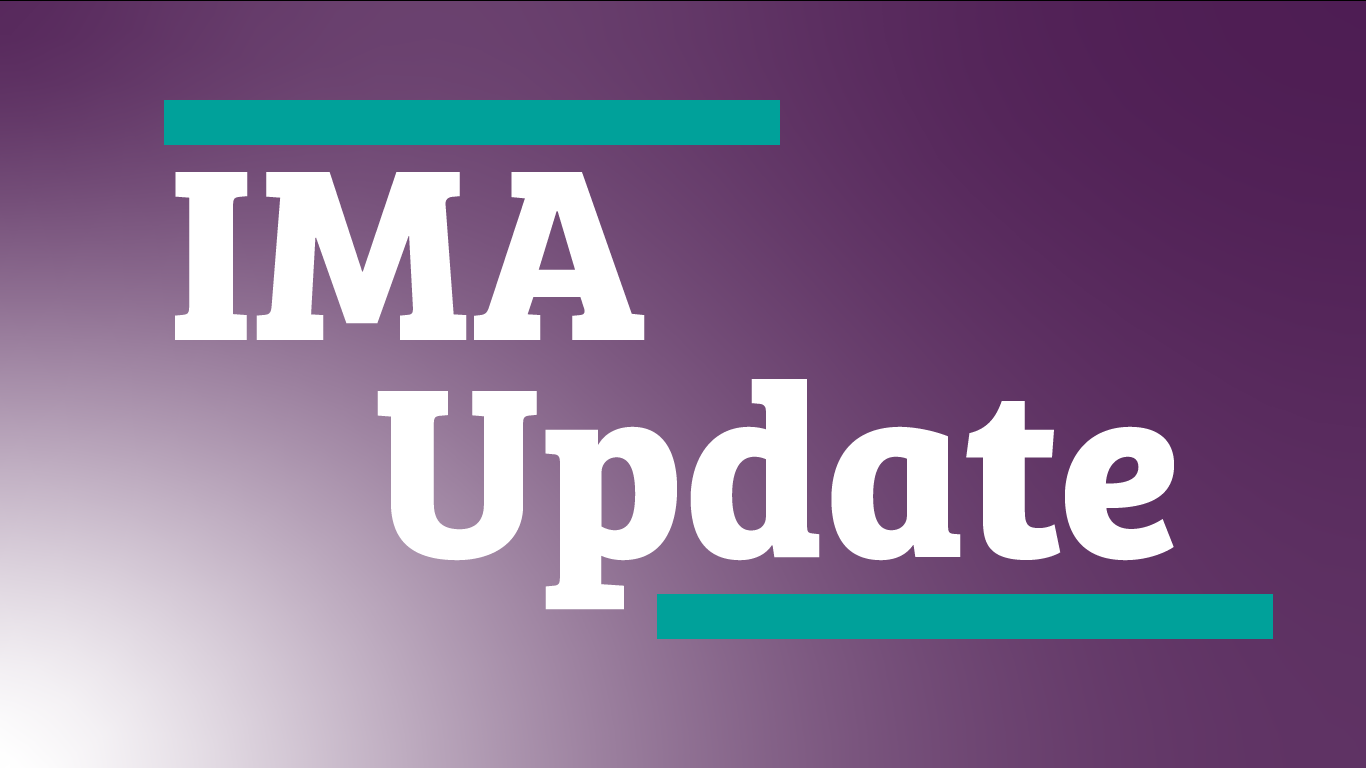IMA focus on citizens’ rights in Northern Ireland
This winter, a team from the IMA travelled to Belfast to find out more about the experience EU, EEA, EFTA citizens and their families face in Northern Ireland (NI).
With the post Brexit landscape in NI being unique, it was an opportunity to hear directly from organisations we work with about the experience of citizens living there.
At the time of our visit, a vote had just been triggered for the NI Assembly around post-Brexit trading agreements, a reminder of how the Windsor Framework applies in NI to cater for the unique circumstances there. Alongside this, we were keenly aware that EU Settlement Scheme (EUSS) applications from NI had received the highest rate of refusals across the UK – 21% compared to 9% in Scotland, 12% in Wales and 14% in England.
Over the course of a week, the IMA met with thirteen different organisations concerned with the rights of EU and EEA EFTA citizens in NI. These were some of our main areas of focus:
Barriers to EUSS applications
Understanding some of the reasons for EUSS refusals from NI being so high was a priority – the answer points to a patchwork of possible reasons.
Difficulty providing evidence around continuity of residence due to a lack of documentation was a factor we heard of several times, an issue that significantly affected the Roma community in NI.
A number of organisations spoke of a lack of frontline support for EUSS applications as well as a lack of advice for when applications go wrong. Resources were said to be overstretched with there being limited accredited immigration legal support. This results in citizens left navigating the system alone. An additional likely outcome of this is that vulnerable people in NI are disproportionately affected.
However, it is also possible that the high number of EUSS rejections could in part be due to unnecessary applications. An estimated 30,000 workers travel from South to North for work, but we were told many have tried to apply for EUSS when it was a frontier permit that they needed.
Border complications
We were told a number of citizens were extremely anxious about crossing the border between the Republic and Northern Ireland. This follows reports of impromptu checks in the common travel area in an aim to crack down on people smugglers using the area as a back door to Great Britain. We were told that eligible EU citizens had been caught up in the checks unable to show their status. In worse-case scenarios this has resulted in citizens being sent to deportation centres where they struggle to prove their rights yet have no access to advice.
There was an additional lack of awareness around how long citizens could leave the UK without losing their right to return. We heard that citizens are unknowingly crossing the border into the Republic of Ireland for prolonged periods, unaware that this could have negative consequences on their EUSS status.
Access to Healthcare
A number of the organisations we met raised problems around healthcare – access to NHS treatment is an area the IMA has monitored closely across the UK.
We were aware that NI differs from other parts of the UK with GPs determining eligibility at registration. However, during our time in NI, we were told about a lack of understanding in the healthcare sector around EUSS status and people being wrongly charged for, or refused, the healthcare they are entitled to. An issue only further compounded by a lack of awareness from individual citizens about their right to access healthcare.
Thank you
A big thank you to all the organisations who took the time to meet with us. It can be hard to find out what’s really happening on the ground and your input has been invaluable, helping us to focus our efforts where they are most needed.
If you have further information you would like to share with us, please visit our contact page.
Alternatively, if you are a citizen who would like to report and issue affecting you rights, then please visit our complaints portal.







